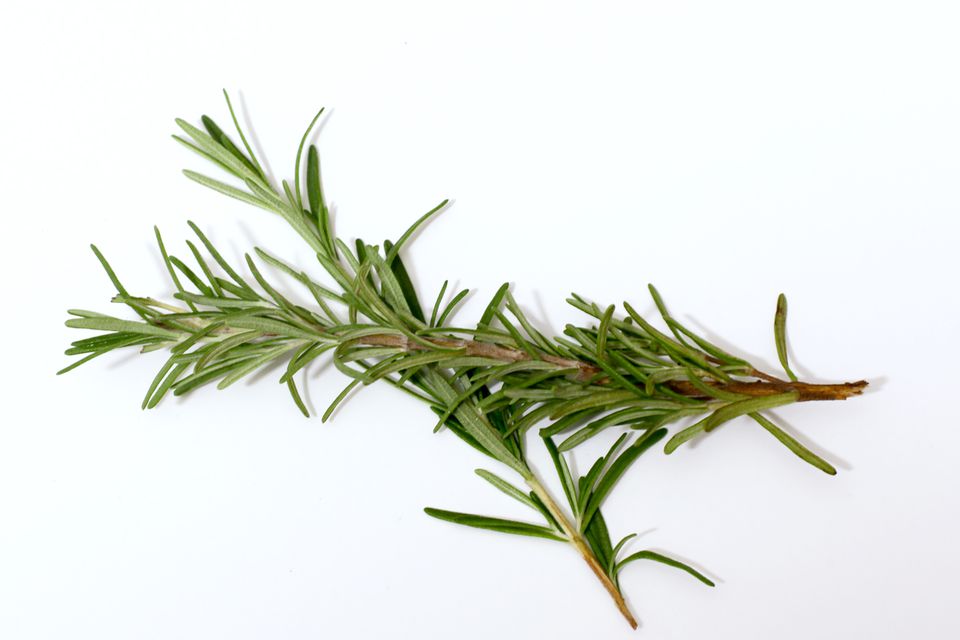Most aromatherapy oils will evaporate relatively quickly if left in the open air, which allows you to inhale them directly from the bottle, or from a few drops sprinkled on a handkerchief. Simply by carrying tissues and a small bottle of oil in your pocket, you can provide instant relief from blocked noses, panic attacks, fatigue, travel sickness and the nerves you might experience before an exam or job interview.
Effective remedy
Inhalation is the most effective way to absorb the volatile ingredients in essential oils, which are the most active constituents. Direct inhalation can be beneficial to many conditions, but is most commonly used to treat colds and flu. Sniffing the oil helps keep the sinuses clear and eases congestion of the throat. It can also bring up phlegm that is sitting in the lungs and ease a throbbing head. Direct inhalation is also good for headaches, tension and asthma (though not in steam).
Best oils to Use
Simply take the top off a bottle of essential oil, pour a few drops on a tissue and breathe in deeply to receive instant benefit.
Eucalyptus
The cooling and head-clearing aroma of eucalyptus is excellent for colds and flu, and for easing aches and pains.
Lavender
The calming and refreshing aroma of lavender helps ease stress and tension, and is good for headaches and insomnia.
Peppermint
The sharp and head-clearing aroma of peppermint is good for colds and for digestive upsets, and for when you need a boost of energy.
Rosemary
The invigorating, warming aroma of rosemary eases fatigue, stress, headaches and colds.
Ylang ylang
The intoxicating, warming aroma of ylang ylang is ideal for relaxing and dealing with stress and insomnia.

Inhaling Oils Directly
You can gain all the benefits of essential oils simply by inhaling them
For Insomnia
If you have trouble sleeping, use a cotton wool bud to dab diluted oil, for example ylang ylang, onto the dip under your nose. As you sleep, the oil will continue to evaporate and you will inhale it every time you breathe in.
For Blocked Noses
This is also effective for easing the effects of a blocked nose that might otherwise prevent you from sleeping. Make sure you dilute the oil with a carrier base before putting it on your skin.
Chest Rubs
Chest rubs are an ideal way to treat minor respiratory ailments. Try these recipes to clear your chest and throat.
Stimulating Rub
To clear your chest in the daytime:
- 5 drops pine
- 5 drops eucalyptus
- 10 drops lavender
- 70ml sweet almond oil
Relaxing Rub
Just before bed try a blend of:
- 5 drops frankincense
- 5 drops marjoram
- 10 drops lavender
- 70ml sweet almond oil
Inhaling from Handkerchiefs
Carry a bottle of oil and a handkerchief around with you and dab a few drops of oil on to the handkerchief and inhale whenever you need to feel the benefits, being careful to keep the oil away from the sensitive skin around your nose.

This can provide anything from a boost of energy to relief from travel sickness. Some schools have even had considerable success calming disruptive pupils by giving them a lavender-soaked tissue to keep in their pockets.
Secure a handkerchief over the vent in your car's air conditioning and get similar benefits on the move.
Using Nasal Inhalers
Essential oil bottles are conveniently small and will easily fit into a handbag. Carrying oils that can provide immediate relief is a practical, easy way to deal with ailments that leave you run down.
For winter colds
Peppermint
Eucalyptus
For an office environment
Lavender
Rosemary
Ylang ylang
WARNING!
- If you have epilepsy, do not inhale fennel, rosemary or sage. Check contraindications for each oil if you have asthma.
- Be careful with neat oils close to the eyes.
- If pregnant, so not inhale chamomile, frankincense, basil, cedarwood, peppermint, clary sage, melissa, cypress, jasmine, juniper berry, thyme, myrrh, gernaium, marjoram or rosemary.
- Children under the age of 12 should not inhale neat oils.